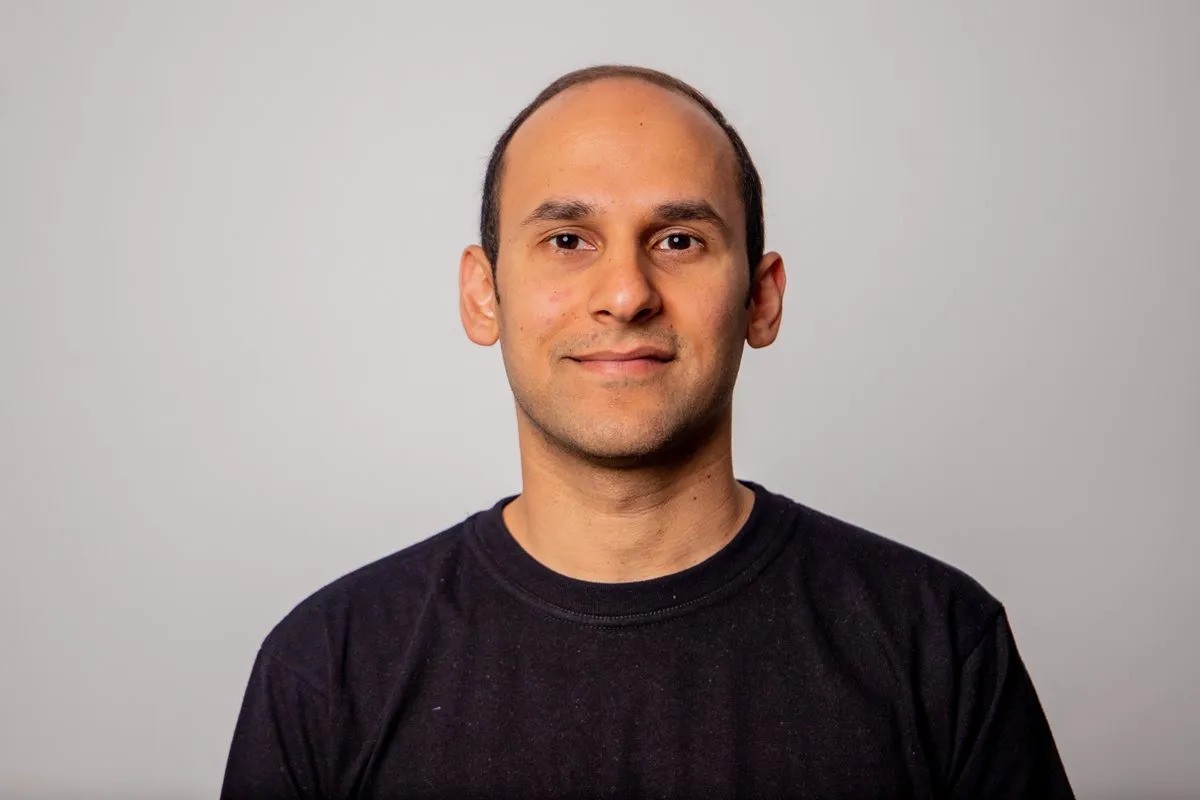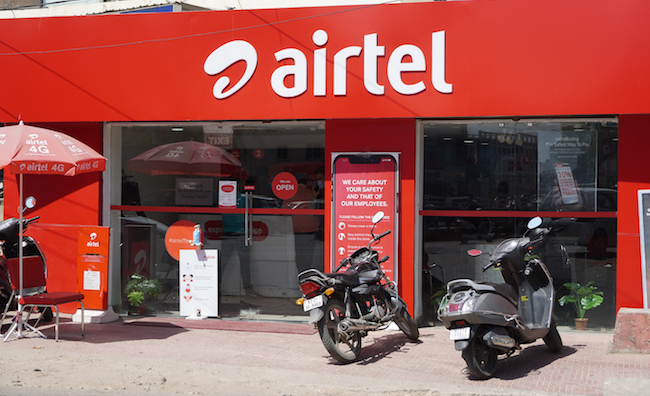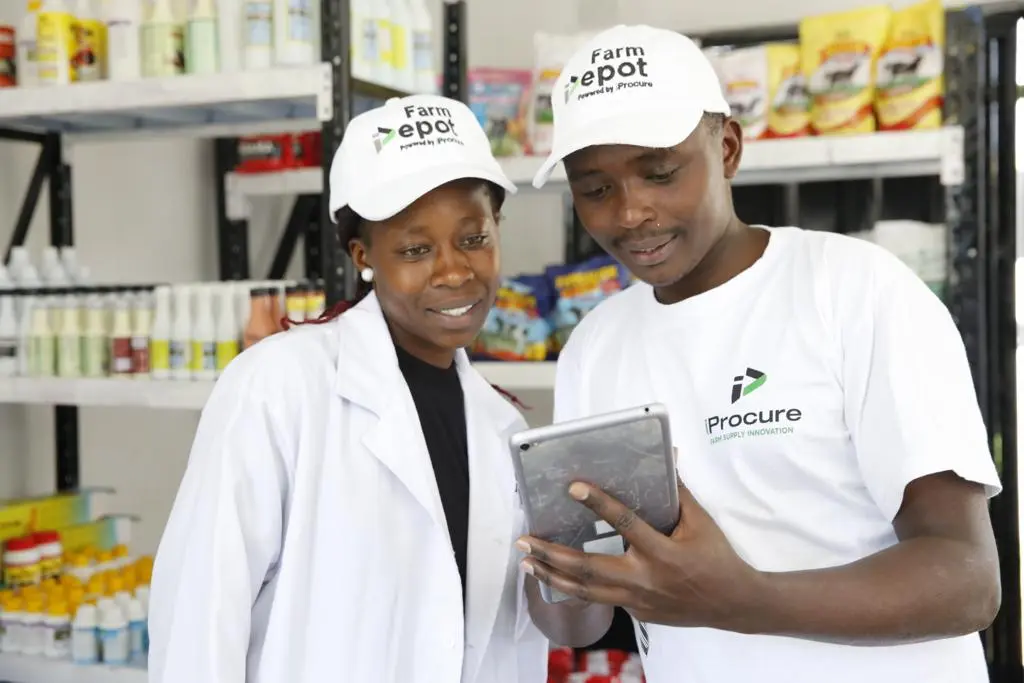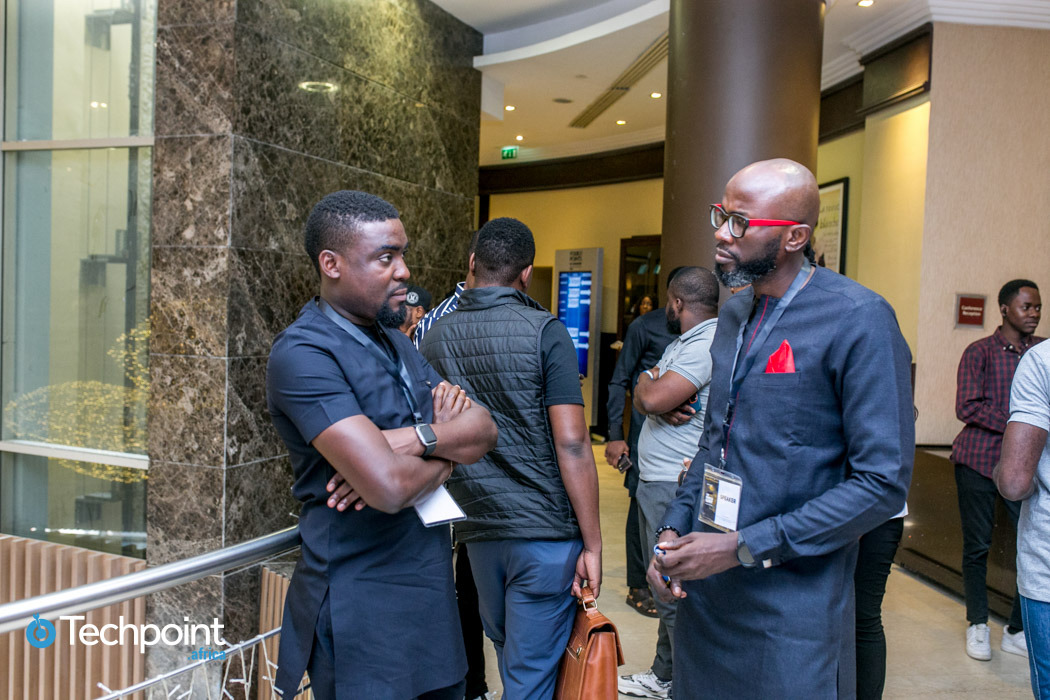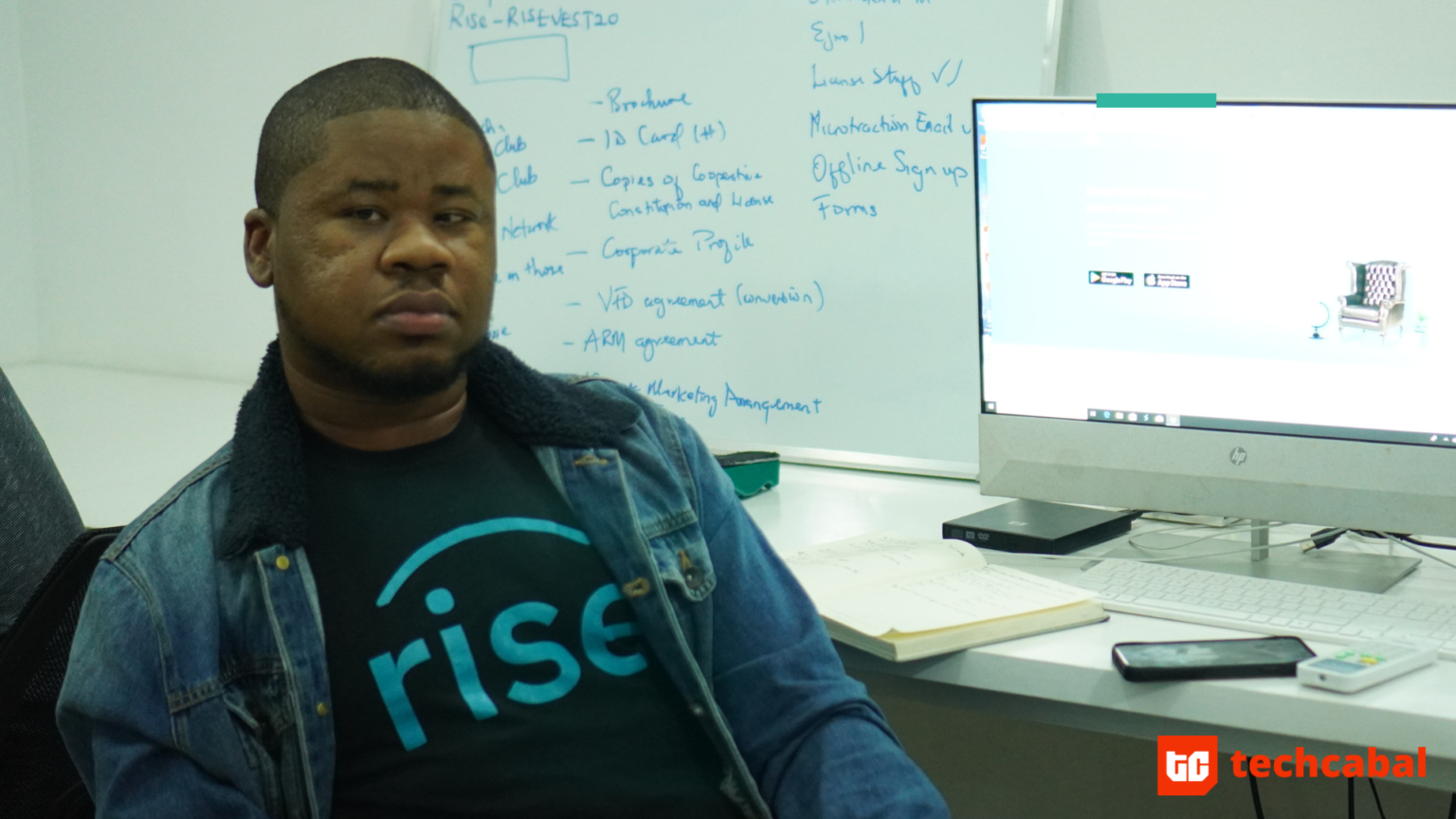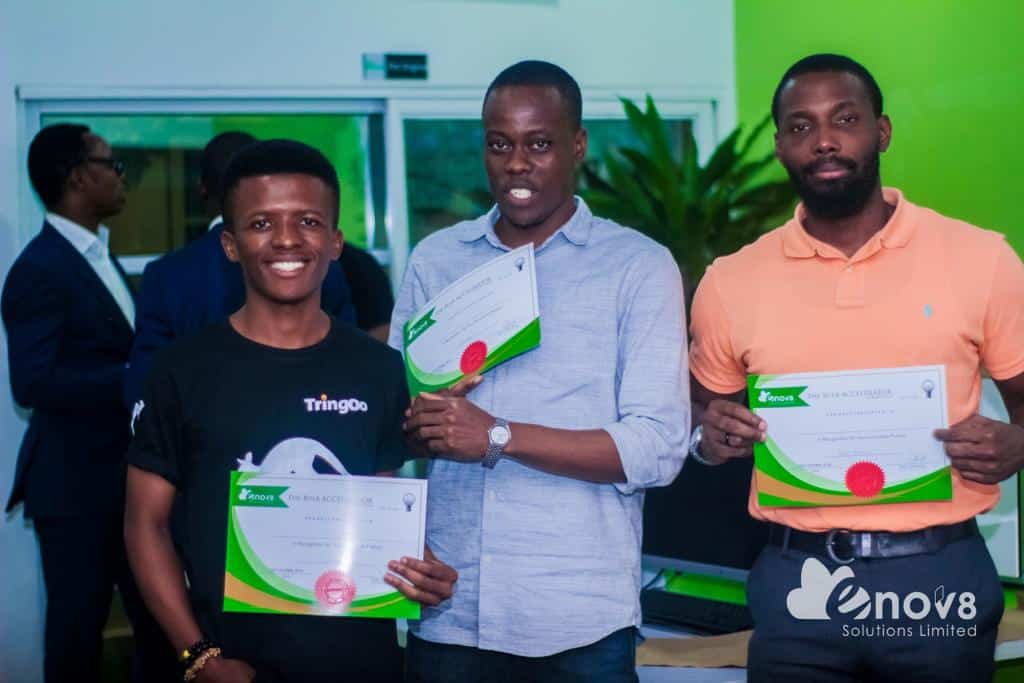Today, Microsoft said it will be opening its first data centres in Africa, 'with the general availability of Azure' in Cape Town and Johannesburg, South Africa.
A data centre is a facility housing computer systems and associated components, such as telecommunications and storage systems. Data centres provide uninterrupted power, cooling and connectivity to the infrastructure/systems and ensure uninterrupted operations.
Data centres are important because even though they need its services, most businesses cannot afford to build or own theirs. So they resort to paying for shared services.
According to Microsoft, this data centre will be the first to deliver cloud services in Africa and will help businesses "securely and reliably move their businesses to the cloud while meeting compliance needs."
This data centre adds to and increases the number of already existing ones in Africa.
Suggested Read: List of data centres across Africa
Ibrahim Youssry, general manager, North, West, East, Central Africa, Levant & Pakistan, Microsoft said,
"Today is a milestone moment in bringing the global cloud closer to home for African citizens and businesses. Enterprises across Africa can now take full advantage of the many benefits of Microsoft Azure, using cloud services to maintain security and meet compliance standards."
According to Yousef Khalidi, corporate vice president of Microsoft's Azure Networking, the new data centres "will create greater economic opportunity for organisations in Africa, accelerate new global investment, and improve access to cloud and internet services."

Be the smartest in the room
Give it a try, you can unsubscribe anytime. Privacy Policy.
He went on to say Microsoft's deep expertise in data protection and customer empowerment globally will help offer the best services.
“We look forward to supporting more African enterprises in their cloud journeys and offering a trusted path to digital transformation,” Khalidi said.
With over 10,000 local partners and nearly 3 decades of operating in Africa, Microsoft says the new data centres are part of its "ongoing investment to enable digital transformation across Africa."








